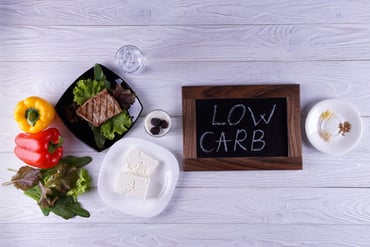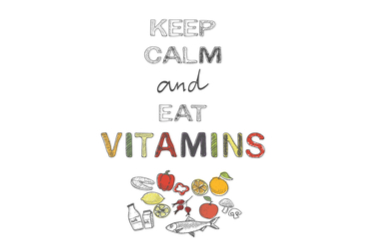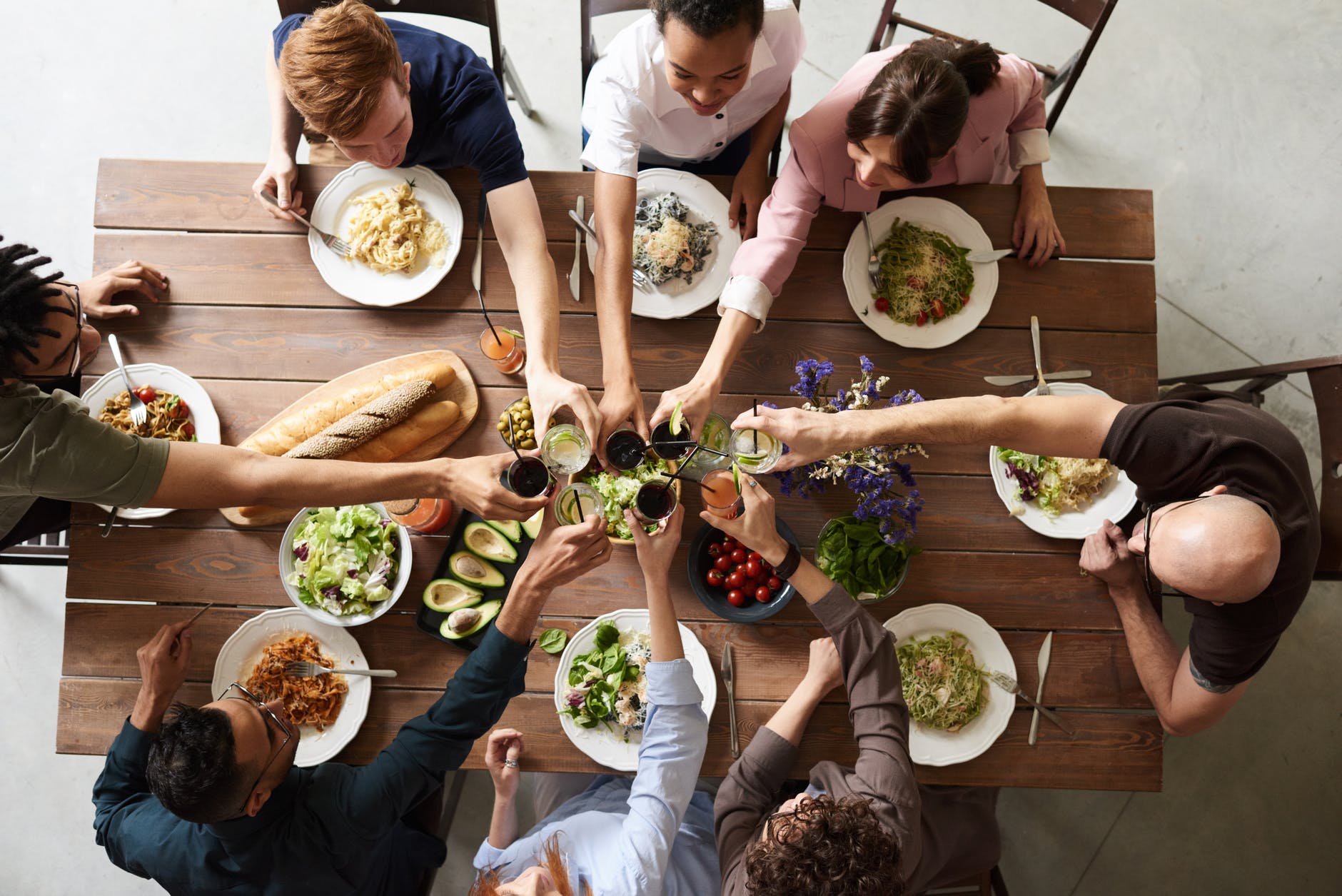Meal Prep And Meal Planning: Why Get Started Today?
Everyone is busy, and most people seem to have less time to do the things that matter, and that includes planning the meals that we eat. Doing a meal prep and having a meal plan isn’t just reserved for those people who are trying to lose weight. This practice should be done by everyone to avoid frustration, wastage, and improve one’s diet. As they say, health is wealth, and in this day and age, the key to success and body transformations is a proper diet.
Here are some four benefits of why you should start meal prep and meal planning today.
Benefits of Meal Prep And Meal Planning
Saves Time
Everyone has the same 24-hours, and if you start your day fumbling through your kitchen cabinets for breakfast, you’re probably better off planning your meals ahead of time.
Set a specific schedule each week to plan your meal. Planning also gives you more time in the week so you can do other important tasks. You all know that time is money, and if you’re not spending them wisely, you’re not productive.
Healthier Food
More than saving time, another remarkable benefit of meal prep and meal planning is it gives you the ability to be smarter with your food choices. For those starting a vegetarian, or any type of healthy diet, meal prep is a crucial step, so you don’t fall off the wagon. Most people end up going for unhealthy options like fast food because they’re quicker, and they require less effort.
Planning also helps you avoid overeating. Often we find ourselves snacking on whatever is available and were left feeling guilty about it. When you plan for things like snacks, you’re able to give yourself a sustainable diet. If you’re someone who’s carefully watching your weight and diet, you can even opt for meal plan services like the F45 meal planning regimen.
Save More Money
Have you considered how much food you’re wasting every month? Over 1 billion tons of food is wasted globally every year. That’s enough food to feed all of the world’s hungry people- four times over.
A big part of doing a meal plan is sticking to a set budget and only buying the portions that you need. Your leftovers can even be re-used to create a whole new meal; it may just require a bit more creativity from you. A meal plan also ensures that you don’t go to the grocery store more than once a week, because you already have everything you need.
Additionally, eating out regularly can have a significant impact on your budget. Think about the money you could be saving by eating out less. The money you save with your meal plans can be used for other things like adding more money to your vacation fund.
Varied Menu
We can all agree that having a bagel for breakfast is not only satisfying but also filling. But try to imagine eating bagels for breakfast for a whole year? That’s probably going to drive you crazy every morning (Check our article on The Importance of Breakfast, too).
Meal planning doesn’t have to be boring, and if you make it so you’ll probably stop doing it just after a few weeks. Toss in your favorite food every once in a while and think about the different variations you can do with it. After all, you need to reward yourself for doing a job well done.
Storing Your Food
More than planning, you also have to make sure that you’re storing your food properly. Proper food storage helps prevents spoilage and makes for efficient meal prep. Freezing, along with refrigeration, is the first process of an effective meal plan. However, there are times that a portion of prepared food is hidden from your line of sight and ends up being wasted. So, here are some practical tips on how to properly store your food:
- Label your prepared meals and items with dates
- Observe the first in, first out practice. Older items should be used first, while the older ones stay at the back.
- Highly perishable items should always stay where you can see them immediately so you’re reminded to use them in food preparation.
- Fruits and vegetables should be stored separately. Some fruits tend to speed up the ripening of some vegetables.
- Use airtight containers when freezing cooked food.
- Foods that are high in moisture are not to be frozen as they become mushy when thawed.
- Keep leftovers in an airtight container and label them appropriately.
- Put some paper towels with your greens to soak up excess moisture.
- Only wash your produce when you’re ready to use them to avoid molds
- Always follow suggested storing instructions
Getting Started
Now, all of this may seem a bit overwhelming, and getting started may seem harder than it sounds. You don’t need to go big immediately, especially if it’s your first time. Start small and aim to make meal plans for a couple of days of the week until you get the hang of it. It’s going to be just like creating a new habit, start small, so you get quick wins and you become more motivated.
Here are some quick tips to get you started:
- Discuss the changes with your family and ask them the types of food they like to be included
- Create a spreadsheet or a journal where you can record your best meal plans so you can recreate them in the future.
- Look for recipes online or in books and document them so you have an ongoing list of recipes
- Set specific meals for some days of the week, like Salad Fridays or Meaty Mondays. Some people thrive on knowing what to expect for their meals.
Takeaway
Meal prep and meal planning are not only going to make your life easier, but it’s also going to make you more conscious about the things you eat. Start planning your meals and get more time on your hand, save more money, and give your family the best food options they deserve.


